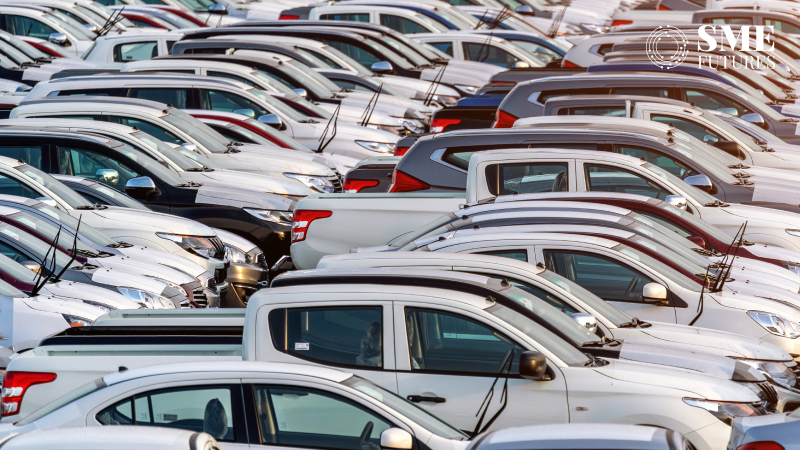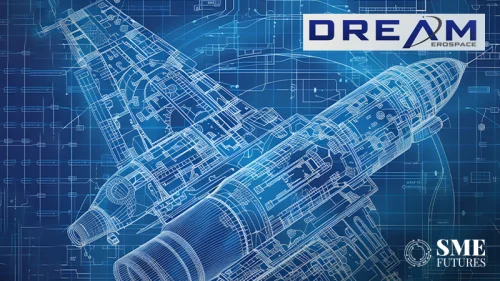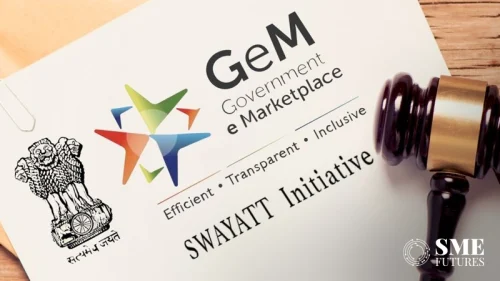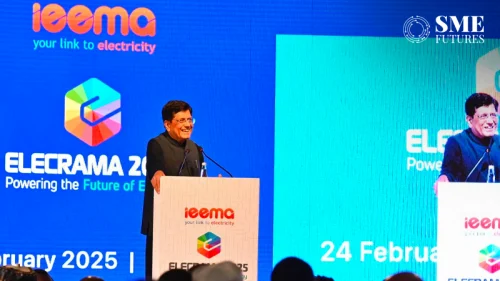Automobile retailers’ apex body FADA on Friday voiced its concern on the high inventory level and said it is planning to take up the matter with the Society of Indian Automobile Manufacturers (SIAM). At the third edition of the Finance and Insurance Summit 2024 here, Federation of Automobile Dealers’ Association (FADA) President Manish Singhania also demanded continuity in the FAME-3 policy and in infra push.
Singhania said in 2018-19 was a very bad year for the automobile dealers in the country when 280-odd dealerships had gone out of business, and FADA does not want that to happen again.
“We are cautious about the inventory levels because anything above 30 days starts hitting the dealerships. We follow a cycle where the dealer takes funds from banks, which are paid back with interest in 60 days.
“But the OEMs are increasing this period from 60 to 90 days. While the dealers are getting one month extra, this allows the OEMs to dump more stocks because they will say, you have got three months’ time to rotate that inventory at the dealership which was initially two months. That is a cause of worry for us,” Singhania told reporters on the sidelines of the event.
Last year, the inventory levels had gone up to 65 days and it was a big cause of worry for auto dealerships and “we collaborated with SIAM and subsequently were able to bring it down and the market also supported very well”.
“But this time, we are already at the peak. If it increases further in June, we will approach SIAM. We are at a very high level and crossing those higher points will be very difficult. In fact, matching them would itself be an achievement for the auto industry,” he said.
“We do not want to go back to inventory levels that were touched in 2018-2019. We need to discuss this openly with financiers,” Singhania said.
Among the budget expectations from the new government, Singhania said FADA wants the work on infrastructure push to continue.
“Second, our entry-level segment has not been doing well for the last four years and we have been selling automobiles like crazy, especially for the upper middle and upper class. But why in the entry-level segment India should be left behind in this story?” he asked.
The GST is 28 per cent GST on entry-level passenger cars or two-wheelers. People have to move from point A to point B, he said, adding, “We have made a representation for the reduction to GST. We also want continuity of FAME-3 as electric vehicles are doing well and have an interim package till July 31.”
He also urged finance and insurance companies to offer more support, including training and upskilling dealership finance and insurance personnel, to enhance their effectiveness and contribute to dealership success.











